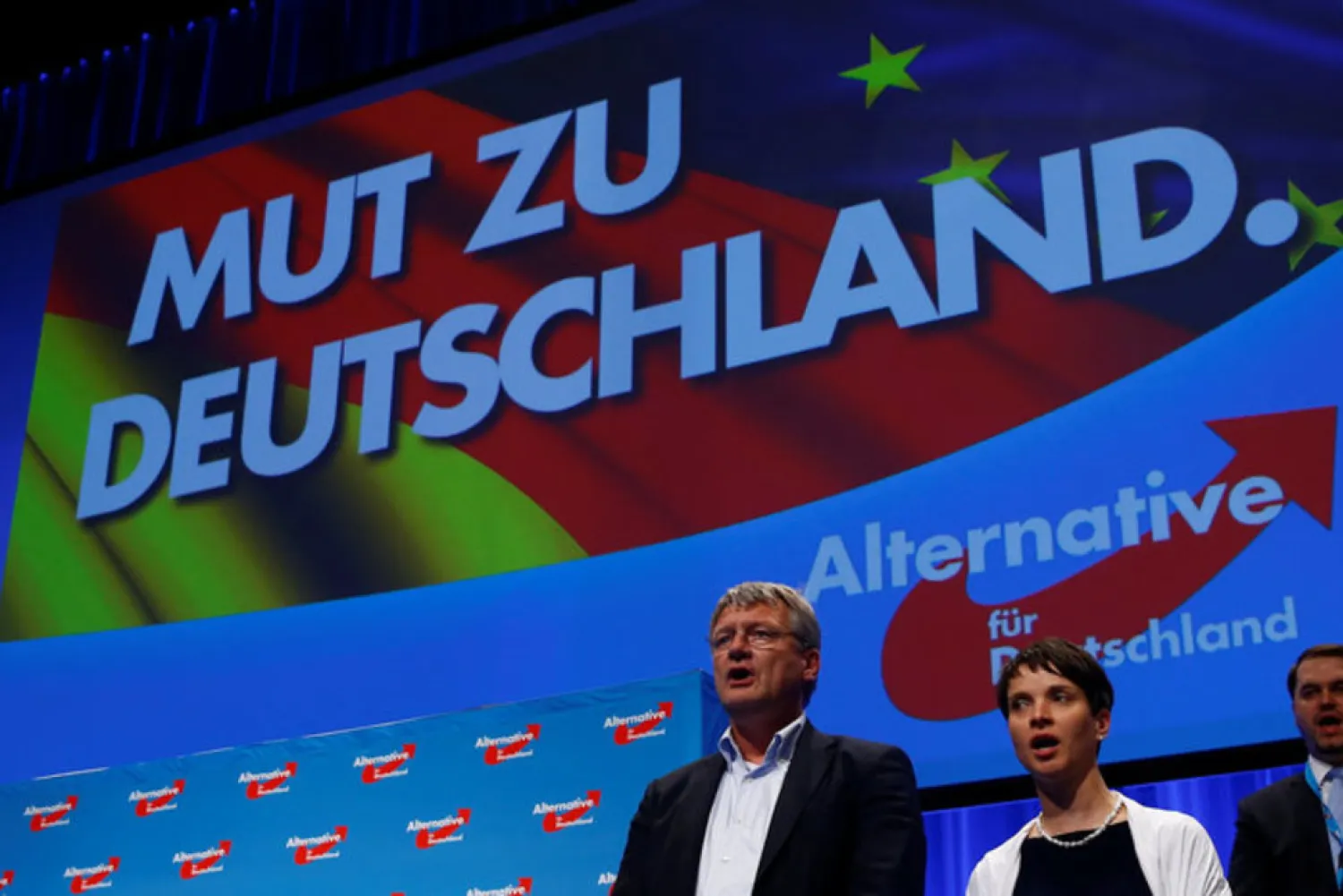A politician from the far-right Alternative for Germany (AfD) party, which is known for its anti-Muslim rhetoric, has quit his position from the party’s board and converted to Islam.
Arthur Wagner will remain a member of the party.
“Mr. Wagner resigned on January 11 from the state board on his own volition. Only afterwards was it known that he had converted to Islam,” said Daniel Friese, a spokesman of the party.
The party said it stood for the constitutional right of religious freedom, regardless of Wagner’s conversion.
“Mr. Wagner could also choose another religion,” Friese told Berliner Zeitung, noting that Wagner had resigned from the board two weeks ago.
Wagner declined to comment on his conversion. “He does not want to speak with the press. He believes it is a private affair,” the party spokesman said.
Berlin daily Tagesspiegel reported Wednesday that Wagner, who joined AfD shortly after it was founded in 2013, has in the past been active in a group assisting refugees.
The AfD became Germany’s third largest party in parliament after last September’s general election.
The Afd has campaigned against what it considers the "Islamization" of Germany because of immigration and higher birth rates among the country's Muslim population.









